Worldwide the old concept of human being is at variance with the new one that ‘all human beings are born free and equal in dignity and rights’. The collision is visibly so acute in South Asia—India, Pakistan and Bangladesh—because here the theocratic contours crisscross the political, while holding the economy to ransom. This book is about how to bring about stability and development in the region with all due respect to religious, philosophical and moral pluralism. Society evolves with contradictions between the mode of production and the mode of reflection. Kant’s theory of knowledge and Marx’s view of production as an interaction with nature using reason enable the book to identify a degree of freedom that can be exercised to rearrange the social order. To that end, following the method of John Rawls, the book formulates a common minimum agenda for South Asia. Theocratic fundamentalism—so rampant nowadays—is a product of internal tensions aggravated by external pressures. The book shows that such bigotry violates the norms of sound hermeneutics. Only a vigilant ‘publics reason’ based upon reasoning by informed. Individuals can confront theocratic fundamentalism. Six criteria of hermeneutics have been presented here. The book applies its theory to the Kashmir question, leading to a concrete proposal. It narrates the evolution of two major communities of South Asia since the times of Mohenjodaro and Harappa—their separate paths, yet remarkable similarity in their underlying contradictions; both eventually getting enmeshed in feudalism. The approach is to identify the material conditions of production and to ascertain the social consciousness as manifested in the dominant religious thoughts and philosophical discourses of the time. There is a general pattern of social development for all humankind as a whole. But here the focus is only on a fraction—South Asia. In restricted localities, there could be a dead end, retrogression or evolution by atrophy, lasting for a considerable period, despite changes in the material conditions of production. For ideas, including superstitions, become a force, once they have gripped the masses.
Stability and Development in South Asia: A Common Minimum Agenda
In stock
Free & Quick Delivery Worldwide
reviews
Bibliographic information
Title
Stability and Development in South Asia: A Common Minimum Agenda
Author
Edition
1st ed.
Publisher
ISBN
8170742595
Length
x+77p.
Subjects


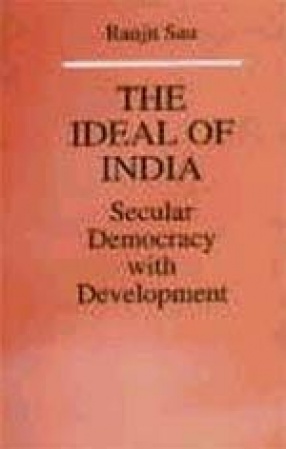
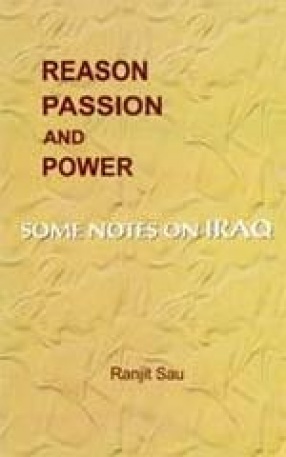

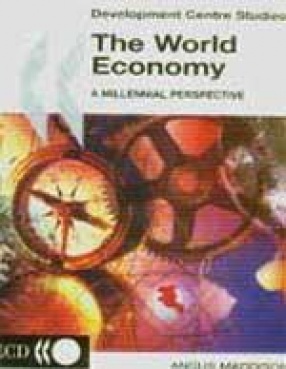
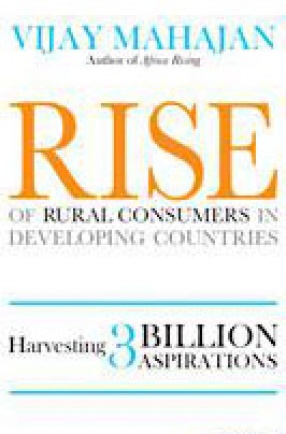
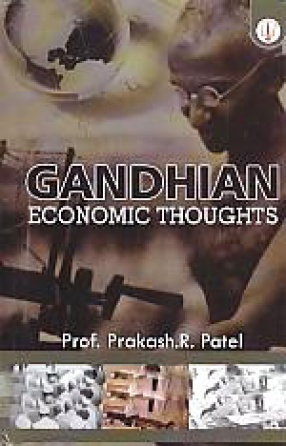
There are no reviews yet.